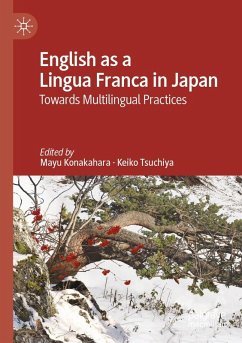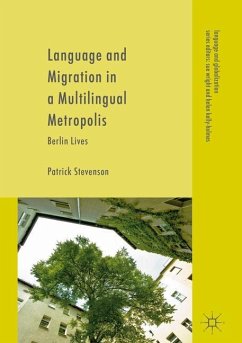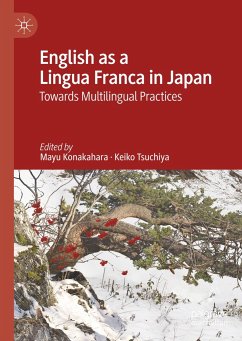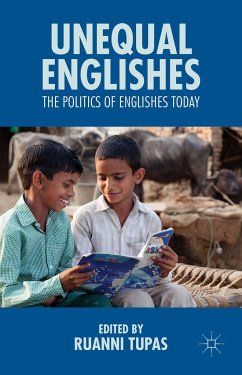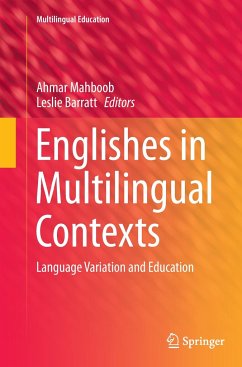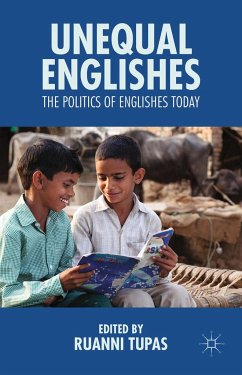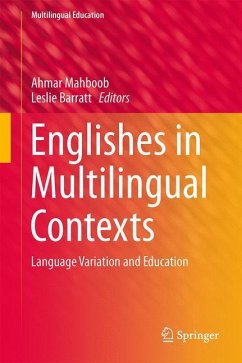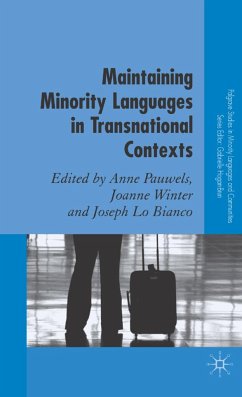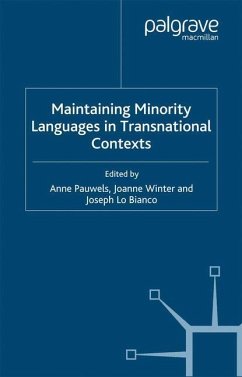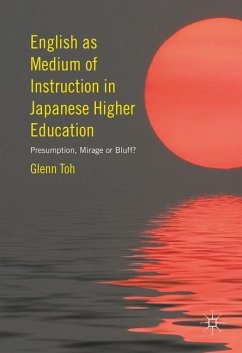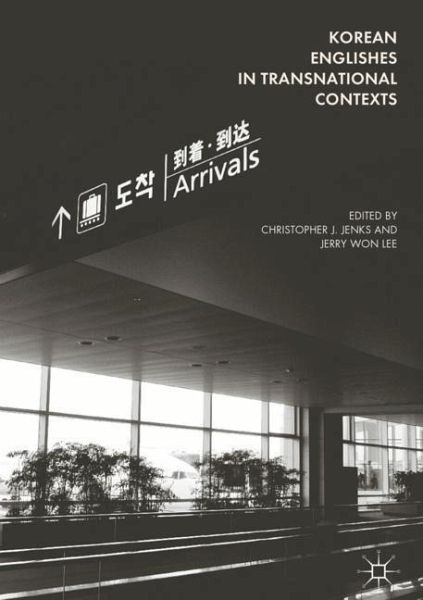
Korean Englishes in Transnational Contexts

PAYBACK Punkte
42 °P sammeln!
This book challenges the dominant tendency in world Englishes scholarship to rely on the 'nation' as a static spatial entity and reliable analytic category. Using the transnational Korean context as a case in point, the authors analyse how the practices and ideologies of the English language reflect the complex and unexpected flows of globalisation. Examining topics such as the spoken English of South Korean youth and English education in North Korea, this interdisciplinary work gathers both established and emerging scholars from a range of language-related fields to evaluate English as a dyna...
This book challenges the dominant tendency in world Englishes scholarship to rely on the 'nation' as a static spatial entity and reliable analytic category. Using the transnational Korean context as a case in point, the authors analyse how the practices and ideologies of the English language reflect the complex and unexpected flows of globalisation. Examining topics such as the spoken English of South Korean youth and English education in North Korea, this interdisciplinary work gathers both established and emerging scholars from a range of language-related fields to evaluate English as a dynamic and evolving language beyond purely 'English-speaking' countries. This edited collection will be a valuable resource for students and scholars of world Englishes, multilingualism, second language acquisition and globalisation.



